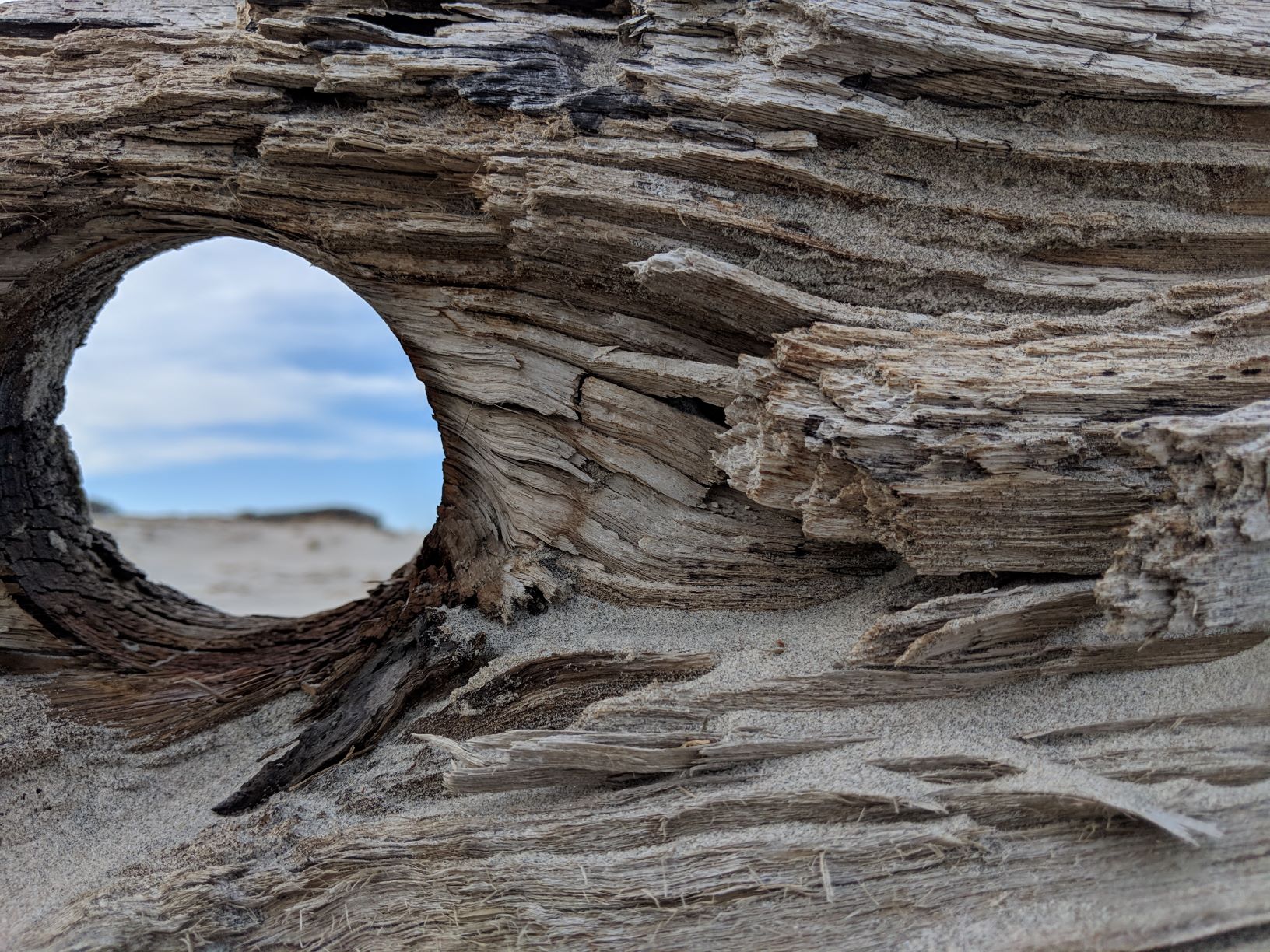
I found Honfleur by accident, though apparently lots of people a whole lot smarter than me have known about it for centuries.
I followed the Seine on a map, saw where it slid into the sea, and for no better reason than that, decided I wanted, maybe even needed, to go there.
I was not disappointed.

Despite the Germans, despite the English, and probably along the way despite what few Oirish staggered through these streets proclaiming their love “pour les francaises” in awful French, Honfleur remains Honfleur.
It’s not that Honfleur is particularly special (although it is to me). And it’s not that the French (even les Parisiens) are particularly special (even though they are to me).
It’s that there are other ways to live (really live) besides what this great land of ours here has to offer.
(I’m not being fair–we got quahogs free for the raking, trees for the cutting, bees for the hiving, and squirrels for the…OK, not for hunting, tasty as they are, too fookin’ cute.)
It poured one day while we were in Honfleur. We say a class of school children walking from the park, in their yellow vests, soaking wet, as though this was normal, and in France maybe it is.
I miss it.

(Should you go, the folks in Honfleur do not laugh when you attempt French, and will go out of the way to make you feel comfortable, and it goes beyond being part of the tourist invasion taking over their streets in the summer.)
I think they know what they have in Honfleur. Maybe the rest of us trampling through their town remind them of this.

Traveling is a self-indulgent activity; writing about it may be more so.
Still, if you ever get the chance, make the trip.







